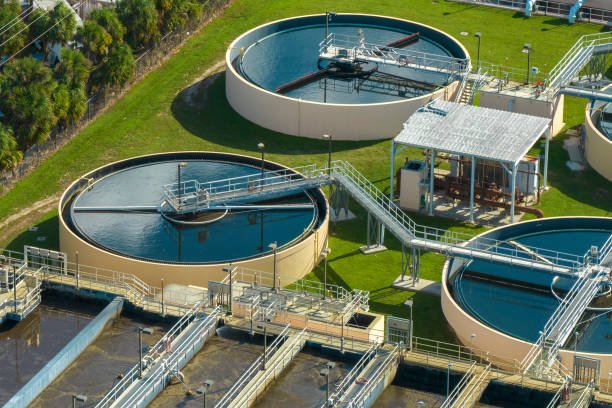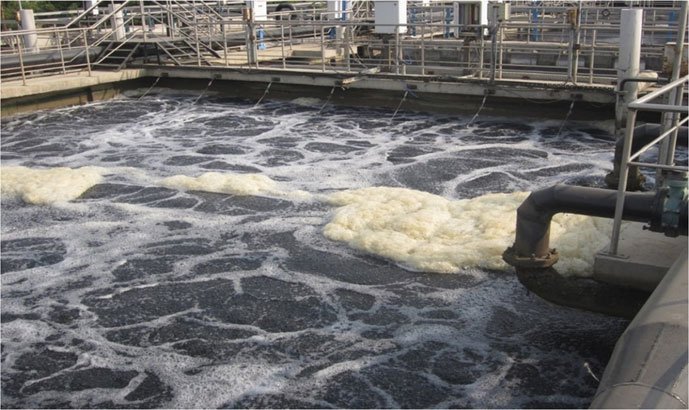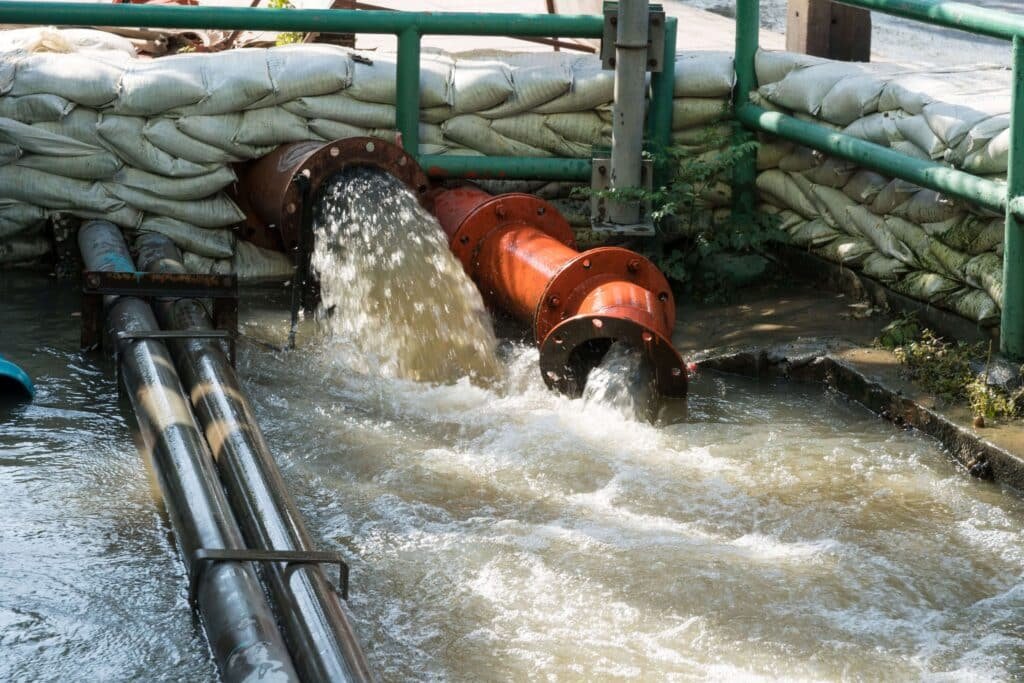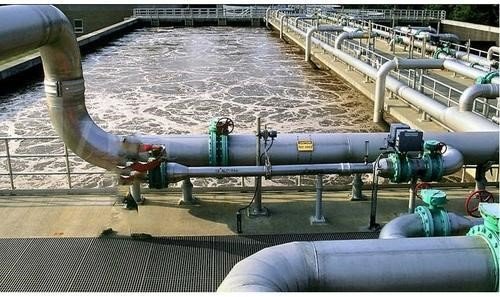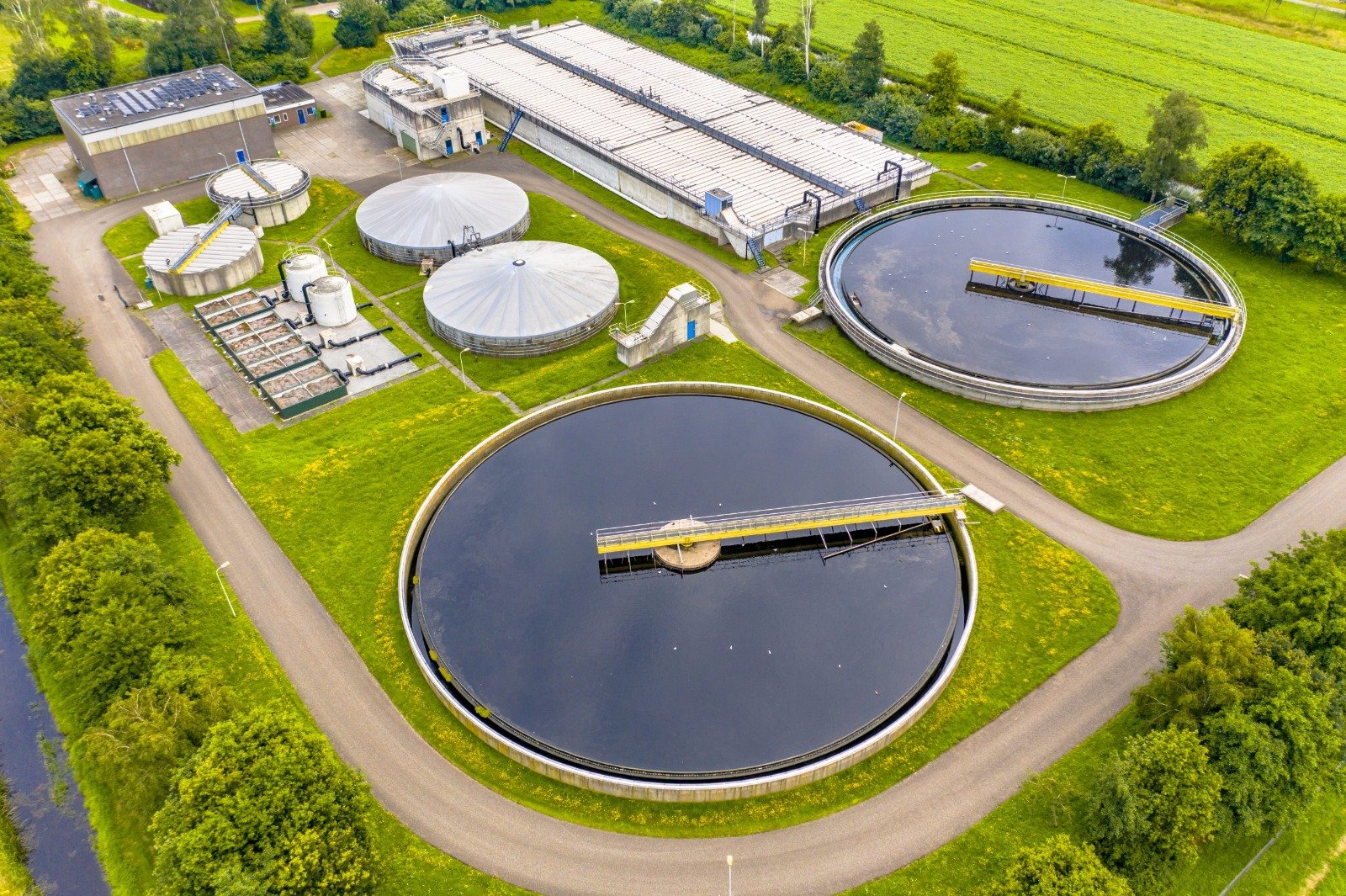Waste-Water Management
Wastewater management involves the collection, treatment, and safe disposal or reuse of water that has been contaminated by domestic, industrial, or agricultural activities. Effective wastewater management is essential to protect public health, conserve water resources, and prevent environmental pollution. The process begins with the collection of wastewater from households, industries, and commercial establishments through a network of sewers and drains. The collected water is transported to treatment plants where it undergoes primary, secondary, and tertiary treatment to remove physical, chemical, and biological contaminants.


